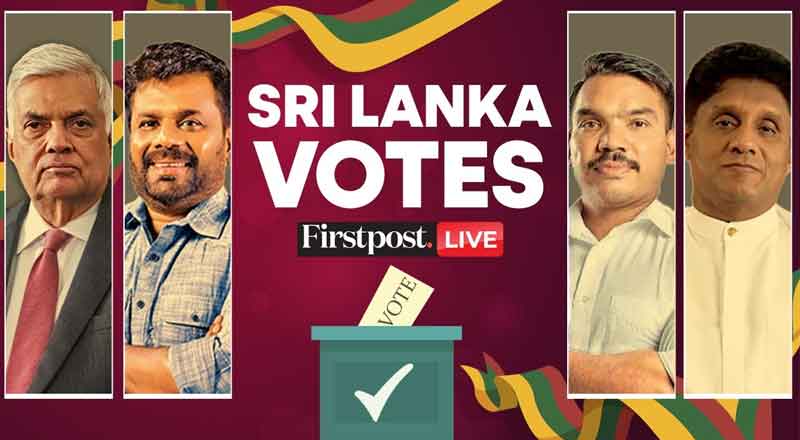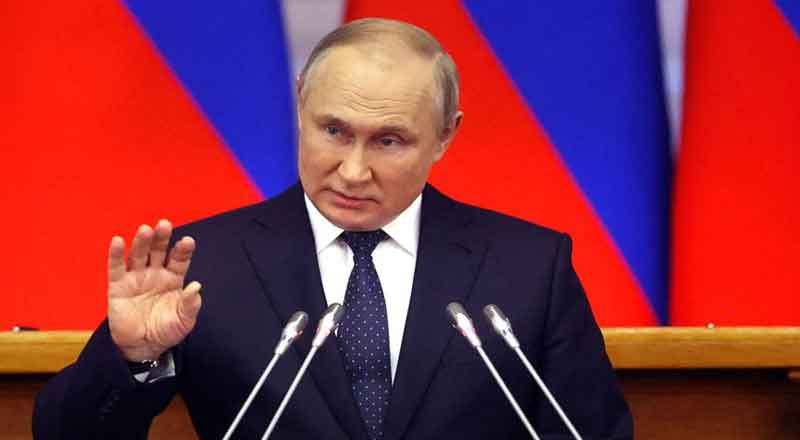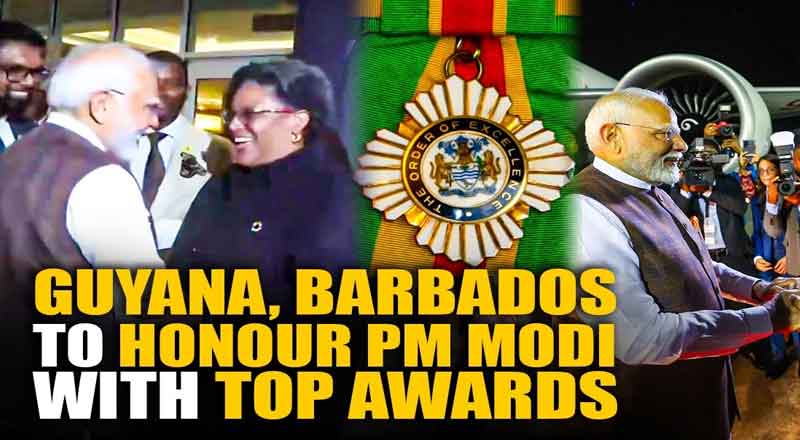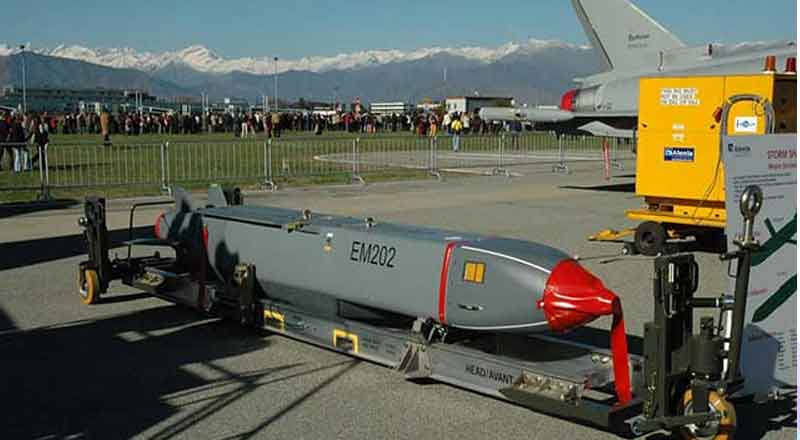Sri Lanka holds a pivotal presidential election today, where millions of voters will cast their ballots to elect the next leader tasked with steering the country out of its worst economic crisis in decades. This election marks a critical moment as the country continues to grapple with the aftermath of the financial collapse that shook its foundations in 2022.
Voting to Shape Economic Recovery
The election, seen by many as a referendum on the country’s economic reforms, will decide whether Sri Lanka remains on the path of recovery or diverges toward new policies. The current president, Ranil Wickremesinghe, faces a close contest from opposition leader Sajith Premadasa and leftist candidate Anura Kumara Dissanayake, with the economic future of the country at stake.
With tax hikes, cuts to subsidies, and welfare programs hurting many citizens, economic concerns dominate the agenda. While the country has shown signs of recovery, including inflation dropping to 0.5% and GDP growth expected in 2024 for the first time in three years, millions remain entrenched in poverty and debt. The new leader will need to focus on stabilizing the economy, reassuring markets, and attracting investment to pull the nation out of its crisis.
The Election Process and Timelines
Sri Lanka’s ranked voting system will be key in determining the winner. More than 17 million of the country’s 22 million people are eligible to vote at over 13,000 polling stations across the island. The voting began at 7 a.m. local time and will conclude at 4 p.m., with results expected soon after counting starts. If no candidate secures 50% of the votes in the first round, a second round will follow. In this round, the second and third-choice votes of eliminated candidates will be redistributed to determine the winner.
This election could mark a historic first for Sri Lanka as it may go into the second round of counting due to the tight race, a scenario never before witnessed in the country’s history of elections.
Economic Crisis and the Road to Recovery
This election comes on the heels of Sri Lanka’s devastating economic collapse in 2022. The crisis, triggered by a severe foreign exchange shortage, left the nation unable to import essential items like fuel, medicine, and food. Mass protests erupted in Colombo, leading to the ousting of then-President Gotabaya Rajapaksa. His flight from the country marked the beginning of a tumultuous period for Sri Lanka, with citizens looking for strong leadership to guide them out of the chaos.
The country is now under a $2.9 billion bailout program from the International Monetary Fund (IMF), which has helped stabilize the economy. However, challenges remain. The next president will need to ensure that Sri Lanka continues to adhere to the IMF’s program until 2027 to secure its long-term growth and stability.
Key Candidates and Political Stakes
The three frontrunners in the election bring varied political ideologies and promises to the table.
Ranil Wickremesinghe: The incumbent president, seeking election for the third time, is focused on continuing the IMF reforms and stabilizing the economy. His previous experience in governance may play to his advantage.
Sajith Premadasa: Representing the main opposition party, Samagi Jana Balawegaya, Premadasa comes from a political family—his father was Sri Lanka’s second executive president, assassinated in 1993. He promises economic relief and an emphasis on social welfare.
Anura Kumara Dissanayake: The Marxist-leaning candidate from the National People’s Party alliance advocates for anti-corruption measures and good governance, aiming to appeal to those frustrated with the traditional political class.
Election Outcome
The Election Commission is expected to announce the winner on Sunday, with the new president facing the monumental task of leading Sri Lanka through its recovery phase. The stakes are high, and whichever candidate emerges victorious will need to address the immediate economic struggles of the people while ensuring that the country follows through with reforms that set it on a path to prosperity.
With observers from 116 countries closely monitoring the election, the world watches as Sri Lanka takes a critical step in its journey towards economic and political stability.
(With inputs from agencies)





